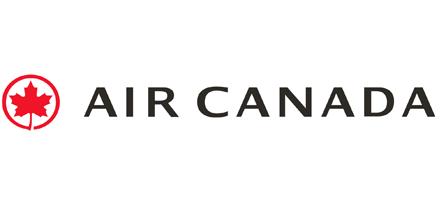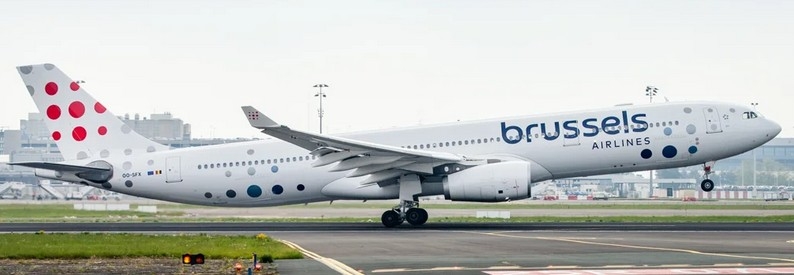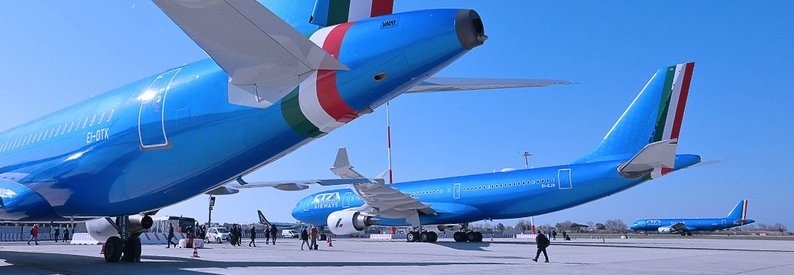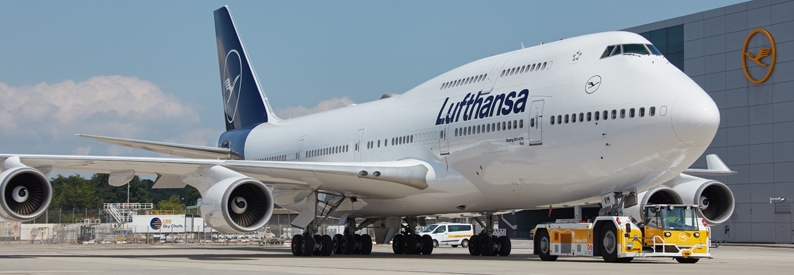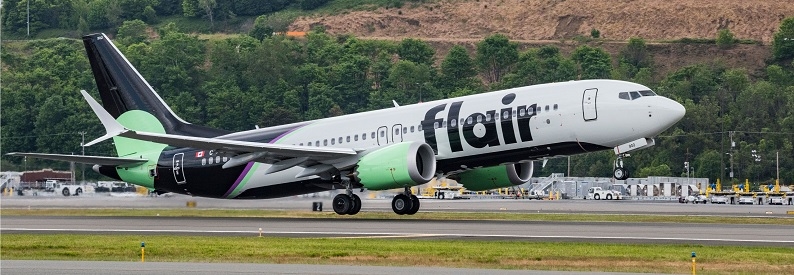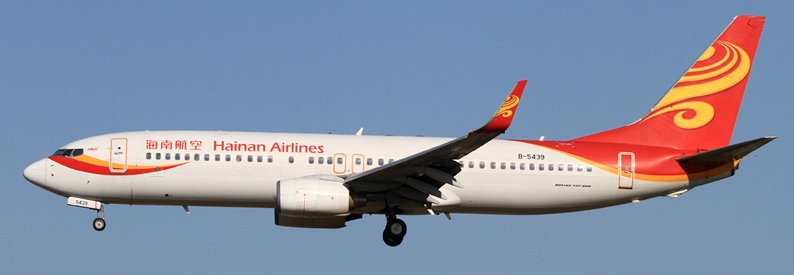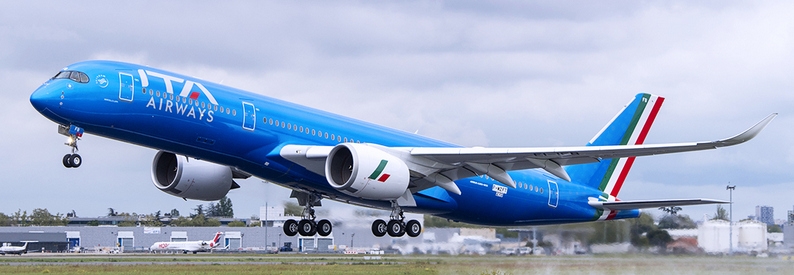Amendments to aviation regulations proposed by Transport Canada regarding pilot fatigue have met with strong criticism from various groups, despite more than three years of stakeholder consultation. While the Safer Skies coalition says that the new regulations don't go far enough, pilot groups in the country's north say that the 'one size fits all' approach will be detrimental to their operations.
Proposed changes to the Canadian Aviation Regulations (Parts I, VI and VII — Flight Crew Member Hours of Work and Rest Periods) aim to bring Canada in line with other regulatory bodies, such as the United States Federal Aviation Administration (FAA) and the European Aviation Safety Agency (EASA). According to the proposal's Executive Summary, Canada's current rules do not incorporate new scientific findings regarding fatigue.
The Safer Skies coalition – which includes the Air Canada Pilots Association (ACPA), Unifor, and Teamsters Canada - has said that the proposed measures do not go far enough to address pilot and crew fatigue.
"Canada has an opportunity to ensure safer skies — but risks squandering it by disregarding sleep science and international standards," said Milt Isaacs, CEO of the ACPA, in a statement released in August. "Canadian pilots are asking for help — on behalf of their passengers and crew — to ensure that Canada is a leader and not a laggard in aviation-fatigue science."
But the Northern Air Transport Association (NATA) says that certain rules which might apply to longhaul or passenger jet operations simply don't make sense for small operators, especially those working in challenging or remote conditions.
"They tried to apply the rules all the way down to the operator of a Beaver on floats, such as Ahmic Air in Yellowknife. It's just not the same," NATA's Executive Director, Glenn Priestley, told CBC. Priestley says that the new rules will particularly affect pilots that carry out multiple short trips, such as ferrying fuel to mining communities, or medevac crews which may be forced to call in a second crew to complete a job.
In an emailed statement to CBC, Transport Canada conceded it could be flexible on some of the regulations, but pointed out that smaller operations need to contribute solutions.
"Smaller operators and their associated organizations felt like the one-size-fits-all approach is not suitable for their unique type of operations, however, they did not provide alternate regimes supported by science to address this situation," Transport Canada's statement said.
